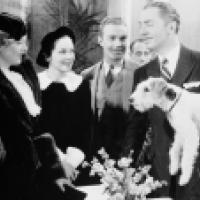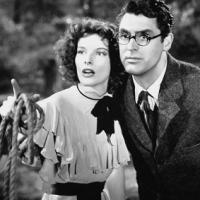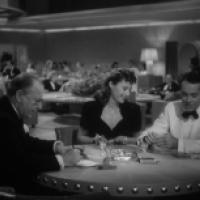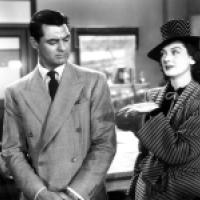Film series: Screwball Comedies from the ‘30s and ‘40s
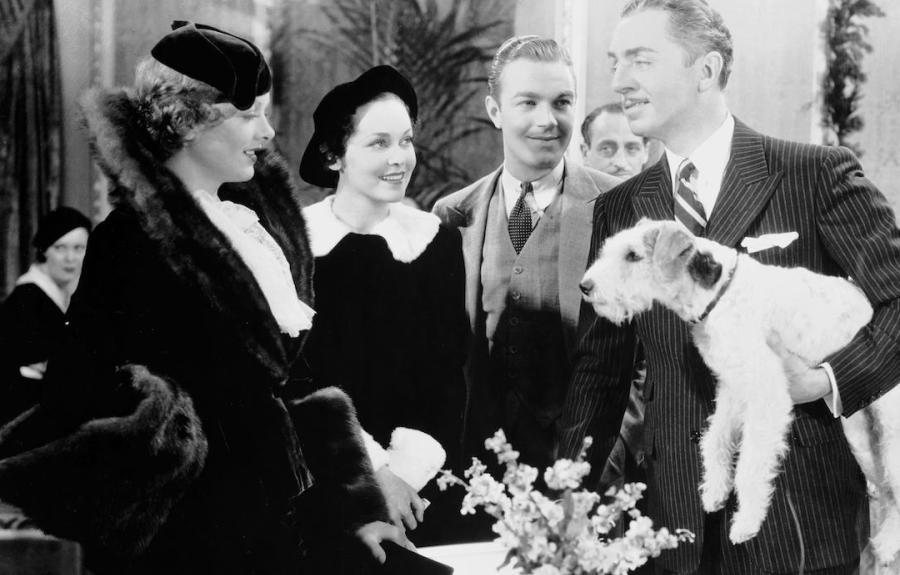
The screwball comedy emerged in Hollywood in the mid-1930s, establishing a playbook for on-screen romance that continues to be followed today. These films — likely named after a baseball term for a pitch that appears to be moving in one direction but takes a surprising twist or turn — typically center on an upper-class man and women who find themselves unexpectedly locked in a battle of wills and navigating an ever-evolving set of eccentric circumstances. Divorce and sworn resentments are frequent themes but soon overcome through undeniable chemistry and impassioned dealings with mutual adversaries.
Created at the height of the Great Depression, screwball comedies achieved an ideal combination of Hollywood escapism and light social critique with their preoccupation with the madcap escapades of a glamourous upper class. However, as film theorist Stanley Cavell argues in his defining book Pursuits of Happiness (1981), they also played an important role in shaping the cultural image of a sophisticated and independent “new woman,” informed by women’s expanded roles in public life in the aftermath of suffrage. Powerful, fast-talking, witty female leads, played by actresses including Claudette Colbert, Barbara Stanwyck, Rosalind Russell, Myrna Loy, and Katherine Hepburn, dazzle on screen as they exchange rapid-fire – and frequently sexually suggestive – banter with their male costars and turn serious situations comedic through masterful physical comedy that plays with their environments in surprising and unconventional ways.
These playful films are also a response to the 1930 Hays Code, which imposed new “moral standards” on the Hollywood film industry, especially around sex, violence, religion, and profanity, and became more strictly enforced starting in 1934. Film critic Andrew Sarris famously described screwball comedies as a “sex comedy without the sex,” drawing attention to the ways that the characters’ fiery verbal sparring and comedic physical feats as an alternate ways of expressing sexual tension and attraction.
This series features five iconic films, including Frank Capra’s It Happened One Night (1934), W.S. Van Dyke II’s The Thin Man (1934), Preston Sturges’s The Lady Eve (1941), and two films by Howard Hawks, who graduated from Cornell in 1917.
These films represent just the tip of the iceberg of the screwball comedy as a genre, but we hope you will join us for love, laughter, and happily-ever-afters at Cornell Cinema this fall.


